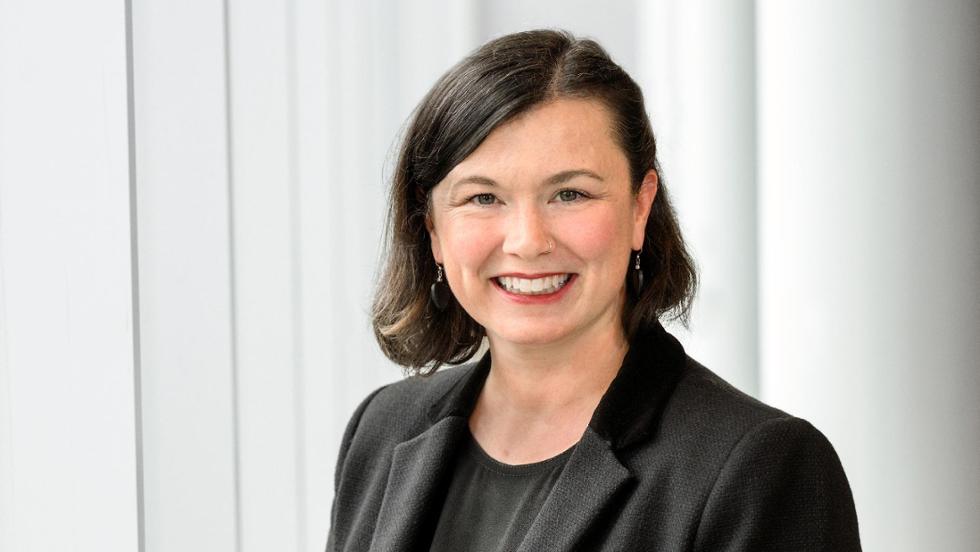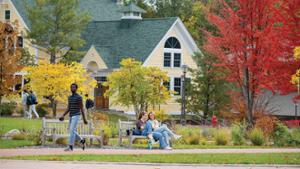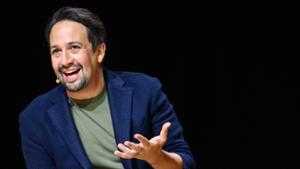
How has your role changed over the years?
Although I’m rooted and informed by my tradition, I’ve transitioned to be more of a multifaith chaplain — my charge is not to serve a particular student constituency but to provide access for the fullness of our student body. I think about this in three ways: spiritual or religious access, which is working with student constituencies, in particular traditions; multifaith engagement where we look at how are we facilitating intentional conversation, either within or across traditions, including folks who don’t come from traditions; and spiritual wellness generally — contemplative programs, such as a dependable meditation space or a grief group.
What do you often find college students are looking for in terms of growing in faith or spirituality?
Whether or not you have to lose your faith to find it, it’s my firm belief and experience that every person reaches a point where they have to claim their own belief structure as an adult. This often happens in college, or soon thereafter, and should be a really beautiful and hopefully supported time where students can ask themselves those questions safely.
Sometimes students have had a shattering experience in their faith community and there’s real religious trauma there. But I think it’s a good and healthy part of the process of differentiation and of examining their own values for themselves, whether those are similar or different than those of their family or the community of origin. Because honestly, that’s going to happen. At some point, you’re going to be faced with something that makes you question everything and makes you articulate for yourself your own values, your own belief structure. Honestly, I would rather work with students through some of those questions in a place that is supported so that if and when they face those shattering kinds of experiences, and many of them have, that when they launch to whatever’s after Hamilton, that they have a firm foundation within themselves, whether that’s rooted in a faith tradition or not.
What’s the most rewarding aspect of your job?
Theologically or philosophically, it’s not my job to vet or determine where I think a student’s belief structure should be, but I do have a vested interest in accompanying them, with their consent, through those questions of determining for themselves what is at the heart of it. It’s my favorite thing — when you just feel that you’ve done that well or that a student has made a connection. But it doesn’t always have to be me. The structure matters, the details matter, because actually I am in the business of creating, equitable, consistent structures and networks of vetted, trustworthy people, whether those are clergy or laypeople who are either identified by students through their groups, faculty and staff who can connect them to those communities of care, whether those are peers convened by student groups or whether those are outside nonprofits, like local faith communities.
What kinds of conversations have you had with students already?
I will get folks in my chair for spiritual care, which ranges from typical challenges of, you know, just life, living, growing, roommate issues, breakups, death of family members, addiction, grief. But usually when students are scheduling time on my calendar now, it is to see what possibilities exist for either strengthening existing spaces or creating new ones. Right now, we’re working with a student who got a microgrant to go to the Interfaith America annual summit in Chicago over the summer and now is asking what would it look like to have a thriving interfaith service group or initiative.
In my first two weeks, I had at least five meetings with students who are either underrepresented, or not yet represented, by our student group traditions. They are asking what are the pathways toward convening community on campus in this particular tradition. What does it look like to make sure that our Hindu students, our Orthodox Christian students, our Sikh students, and our pagan students can identify and gather in community in ways that are really meaningful and amplified? And for me, that’s really exciting.
Posted October 10, 2025


